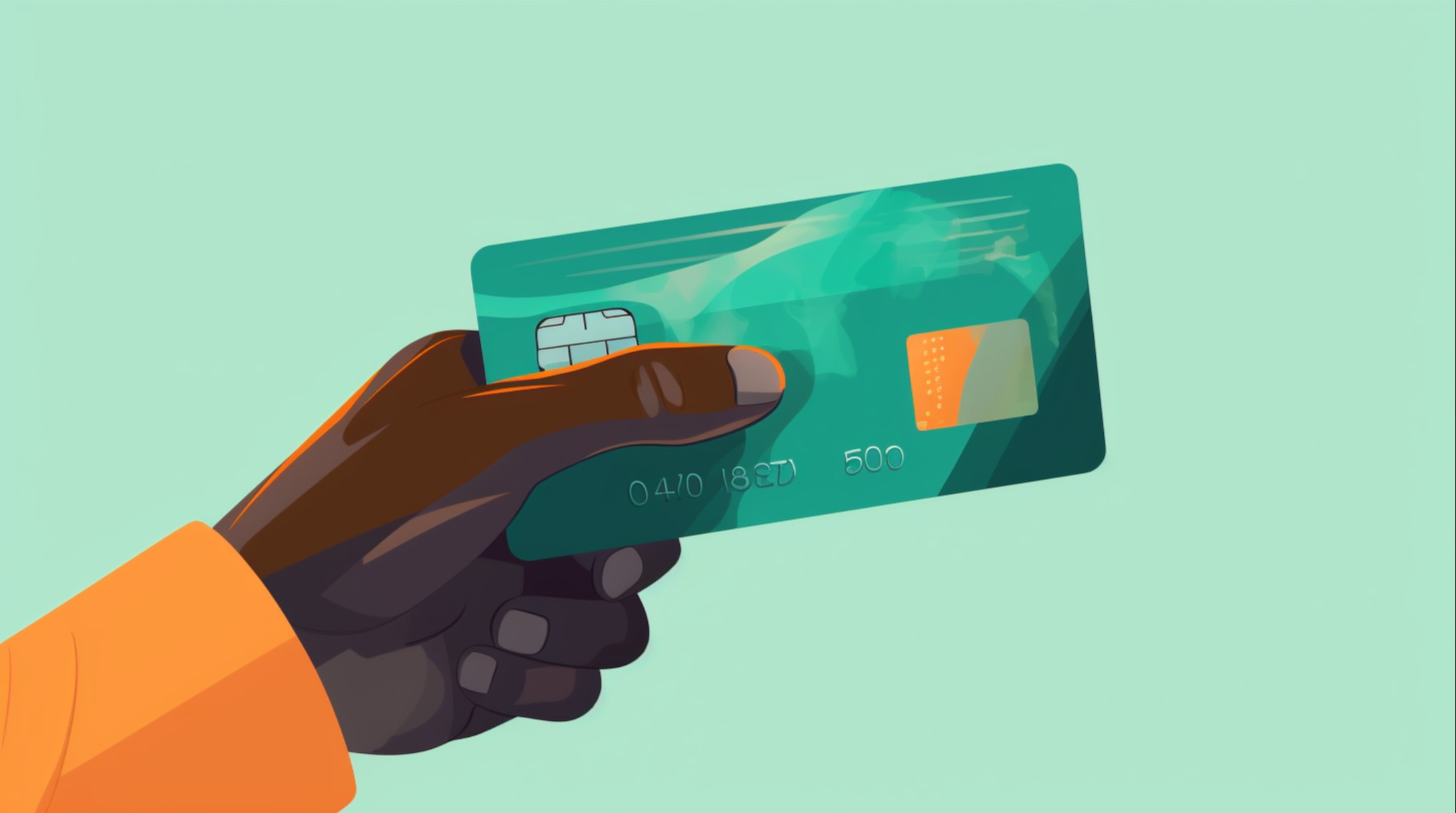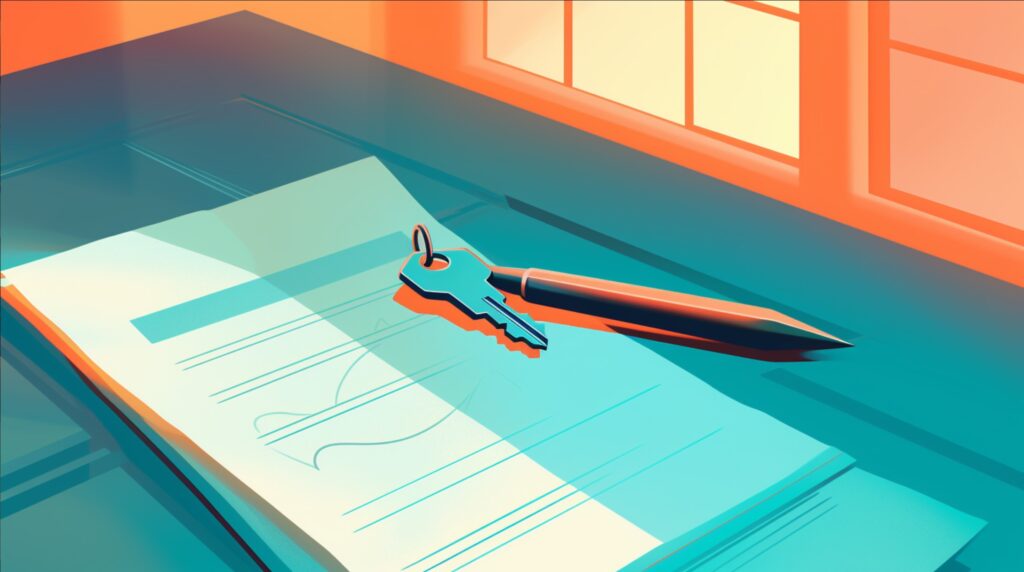
We are reader-supported. When you buy through links on our site, we may earn an affiliate commission.
Creditworthiness is a ticket to home ownership. Proving your ability to repay the most considerable debt you will acquire is non-negotiable. Your history of paying your bills plays a vital role in it. So, what credit score do you need to buy a house? In theory, you can take out a mortgage regardless of your FICO score. In reality, it’s more complicated.
Do Mortgage Lenders Use FICO or VantageScore?
Mortgage lenders have exclusively used FICO. VantageScore is relatively new. Most creditors have been reluctant to adopt it to avoid unwelcome risk, despite promising to bring millions of previously unscorable borrowers into the fold and being backed by the three main credit reporting agencies — Experian, TransUnion and Equifax.
Things are about to change, though. Fannie Mae and Freddie Mac may require conventional mortgage lenders to use VantageScore 4.0 and FICO Score 10T to respond to the Federal Housing Finance Agency’s (FHFA) call for better credit scoring models to evaluate potential mortgagors more accurately.
Is FICO Score 2 Used for Mortgages?
Mortgage lenders use FICO Score 2 to factor Experian data into credit decision-making. Also known as Experian/Fair Isaac Risk Model v2, this scoring model has been the bureau’s mortgagor credit risk calculator for as long as the industry can remember.
What FICO Version Do Mortgage Lenders Use?
Mortgagees use the three classic FICO score versions: 2, 4 and 5. These creditors rely on FICO Score 2 to understand Experian’s thoughts, FICO Score 4 to gain insight from TransUnion, and FICO Score 5 to know what Equifax has to say.
When you apply for a home loan, mortgage lenders may look at your three FICO scores and use the mid-score to approve or deny your request. In other words, pay attention to them all because any of them can determine your qualification and interest rate.
However, scrutinizing all three credit scores is now optional. Fannie Mae and Freddie Mac require just two during mortgage origination — where the lower number may carry more weight than the higher one in the new credit score calculation. Still, you should strive to drive up all your FICO and VantageScore figures before you shop around to hammer out the best deal.
What Version of FICO Does Fannie Mae Use?
Fannie Mae and Freddie Mac target to incorporate FICO 10T and VantageScore 4.0 into home loan processes by the fourth quarter of 2025, as of this writing. This credit score calculation update will set the traditional FICO scoring models used in mortgage lending.
What Credit Score Do You Need to Buy a House?

The credit score you need to buy a house depends on the mortgage program, loan amount and the lender. By and large, the minimum FICO credit scores of various mortgages are:
- 500 for home loans backed by the Federal Housing Administration (FHA)
- 620 for nonqualified mortgages and different conforming mortgages, including high-balance, zero-down, and conventional 95 and 97 home loans
- 640 for home loans backed by the United States Department of Agriculture
- 680 for piggyback mortgages
- 701 for nonconforming or jumbo mortgages
There’s no industry-wide standard for home loans guaranteed by the U.S. Department of Veterans Affairs, but their lenders may accept your business even if your credit score is as low as 580.
Moreover, the U.S. Department of Housing and Urban Development’s Section 184 Home Loan Guarantee Program for Native Americans and Alaska Native tribe members has no minimum credit score requirement, allowing the market to dictate your interest rates instead of your creditworthiness.

Regarding creditworthiness, having the bare minimum when you walk into a lender’s office doesn’t guarantee approval. Your mortgage lender may want to see higher scores to satisfy their risk appetite.
Aside from making conscious decisions to increase your credit scores — or keep them from dipping — months leading to your mortgage application, keep FICO thresholds in mind, too.
Think of FICO thresholds as milestones that compel lenders to treat you more favorably. Scoring 670 elevates your credit rating from fair to good, while recording a score of 740 makes you very good. If you’re close to any of these figures, strategically wait until you achieve or exceed them before applying for better pricing.
How Much Can You Borrow With a 780 Credit Score?
A FICO score of 780 may be enough to borrow funds beyond the conforming loan limit the FHFA sets for Fannie Mae and Freddie Mac. The federal agency increased this value by $40,350 for 2024, driving it up to $766,550 for most of the U.S. and to $1,149,825 in high-cost areas, including Alaska, Hawaii, Guam and the U.S. Virgin Islands.
If you have very good credit, you can take out a jumbo loan to buy a luxury house or outbid other buyers for a sought-after one-unit property in a hot real estate market.
Qualifying for a jumbo home loan is a privilege with a caveat — higher interest and more closing costs. Despite your stellar credit, the sheer size of your mortgage amount still makes you extraordinarily risky. Your lender wants more significant compensation to make it worth their while.
Can You Buy a House With a 600 Credit Score?
You can buy a house with a 600 credit score by taking out an FHA loan. This federally insured mortgage program can make you an owner of a single-family residence, a condo unit or a manufactured home.

Furthermore, you can qualify for an FHA loan even if your credit score is sub-600. Many FHA lenders consider 580 the lowest credit score they can stomach, but some are open to doing business with borrowers with poor credit. Theoretically, you can get approved with a score of 500 and put down at least 10% of the house’s selling price instead of 3.5% to compensate for it.
Be as Creditworthy as You Can
Credit scoring models may operate differently, but they more or less weigh similar behaviors. Before you apply for a mortgage, pay your bills on time and in full, moderate your credit usage, keep your old accounts active, demonstrate your ability to handle lines of credit and installment loans, and avoid seeking new credit. Doing these will make you as creditworthy as possible.










